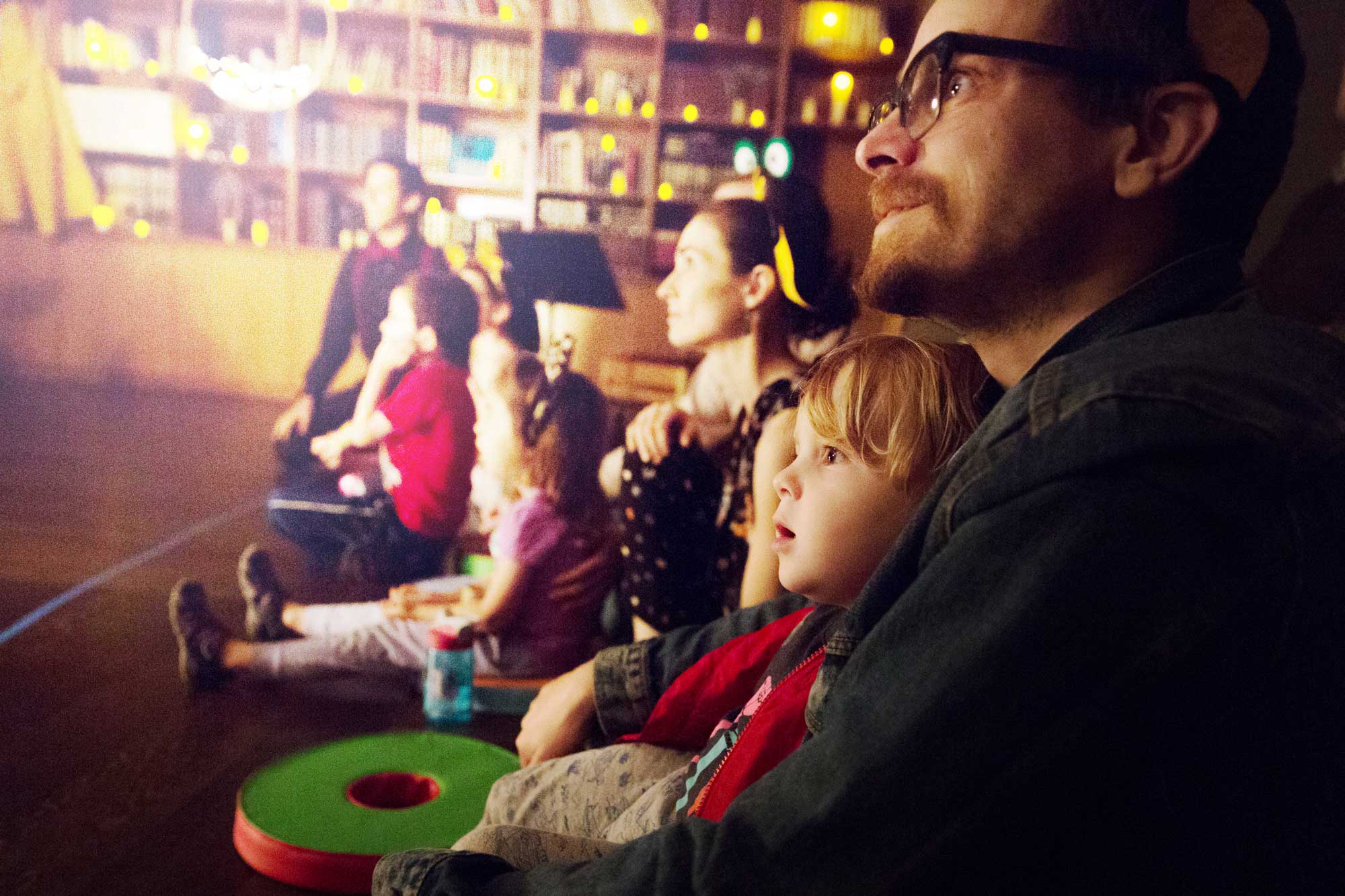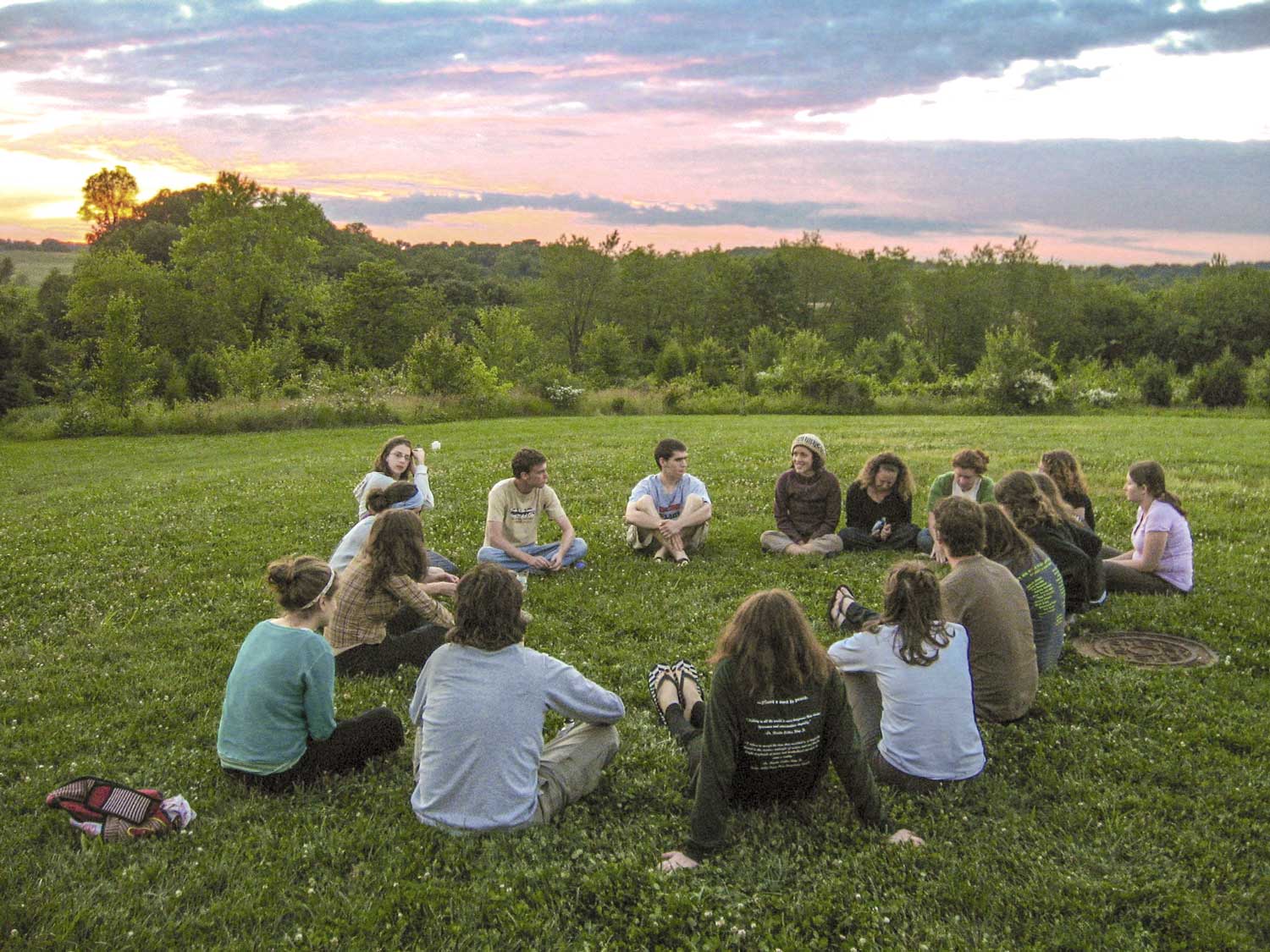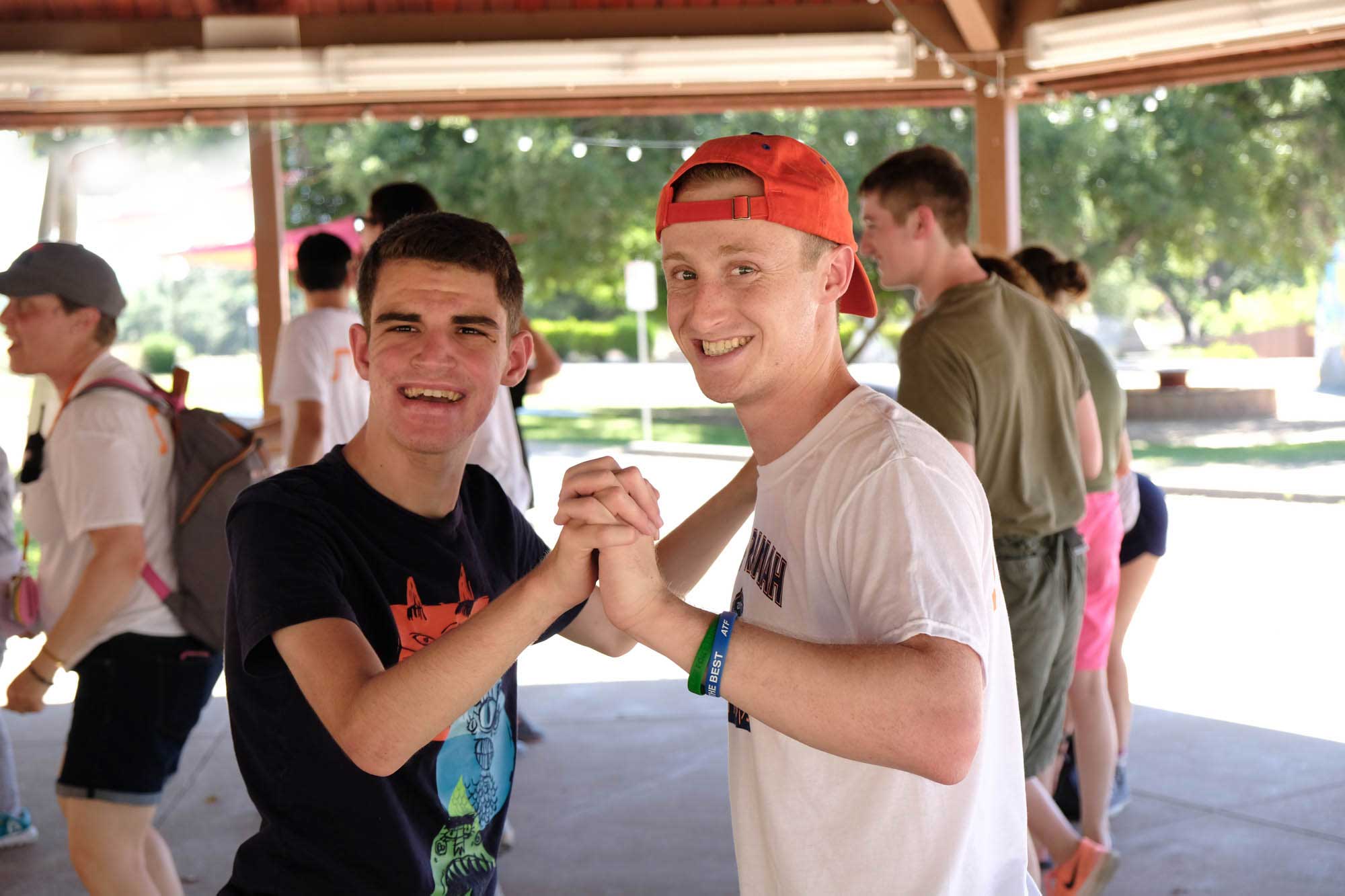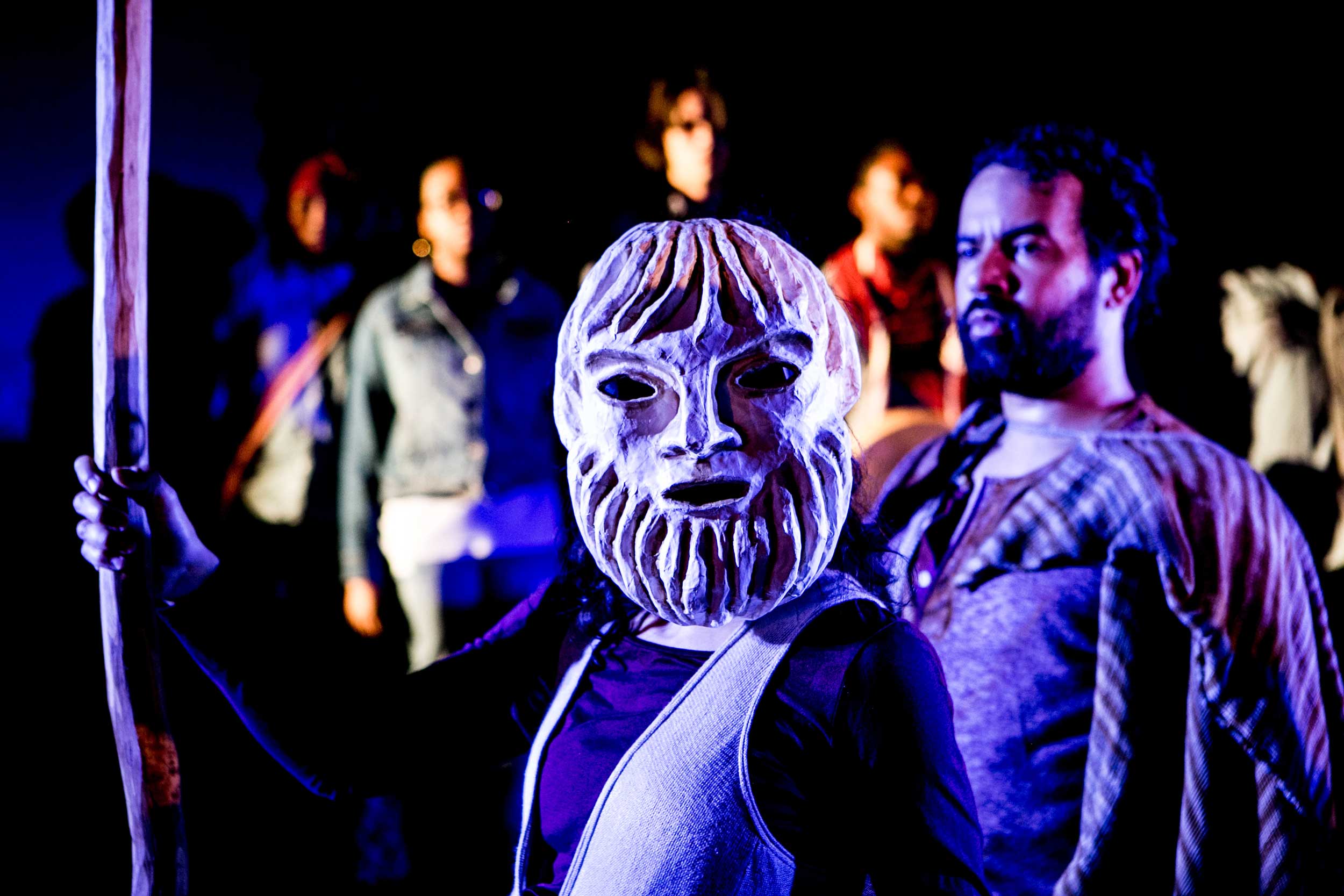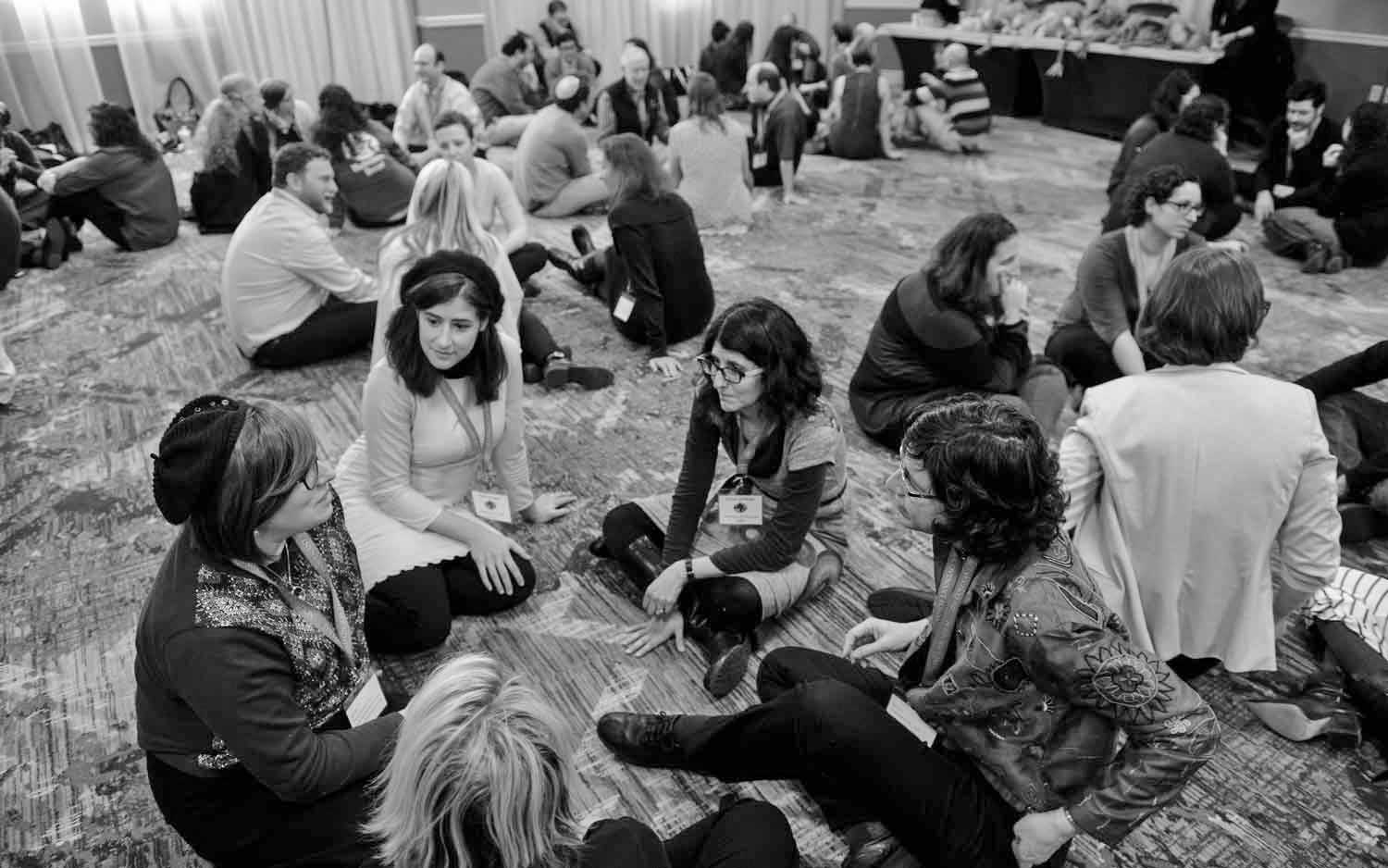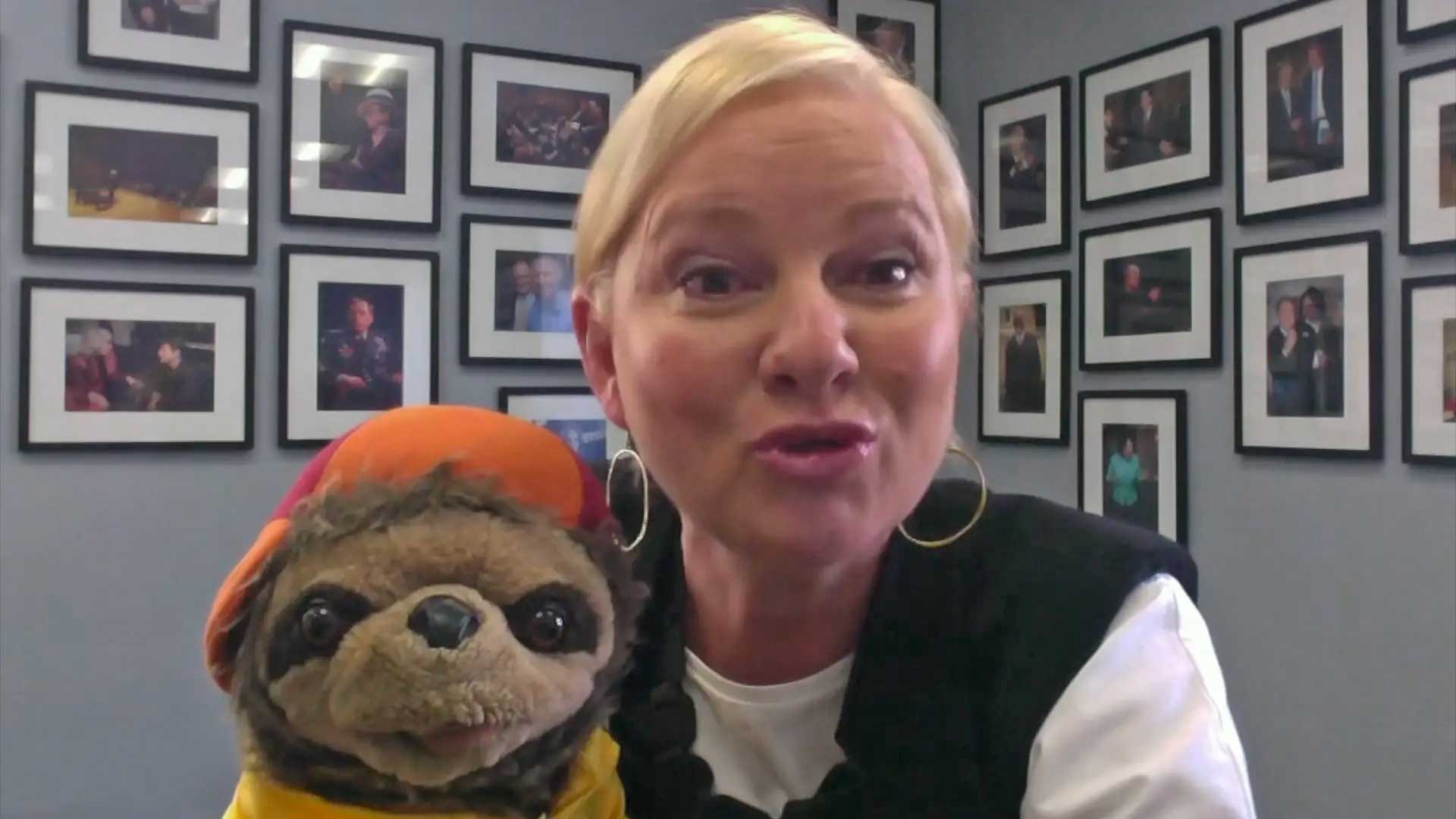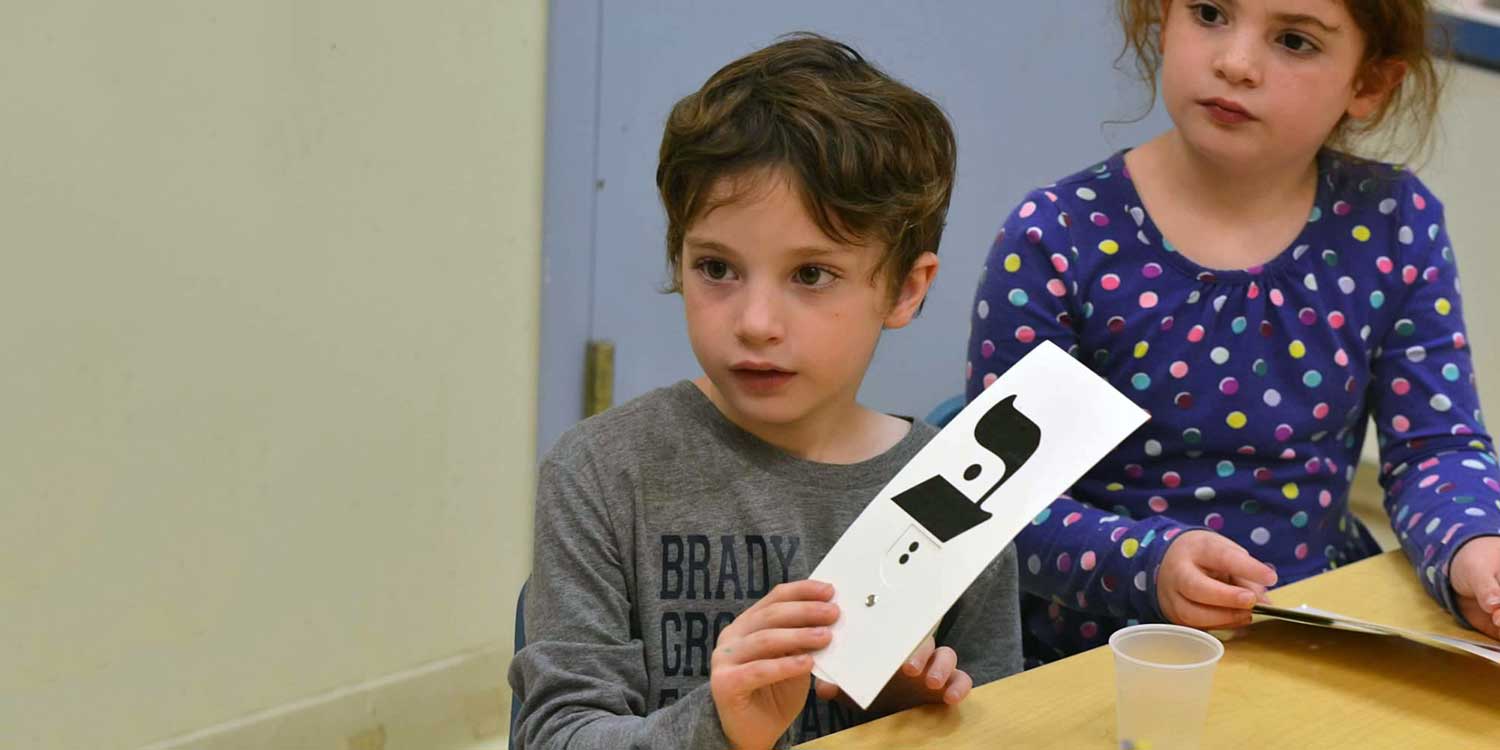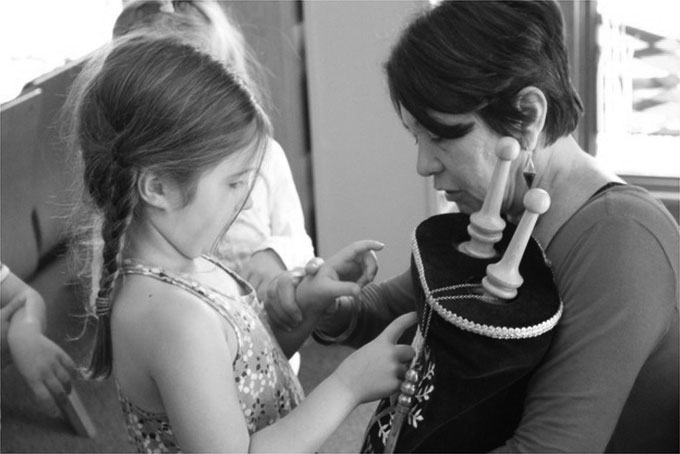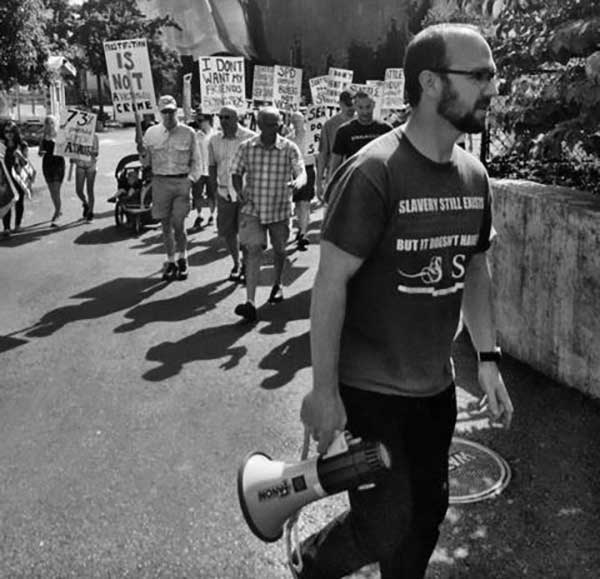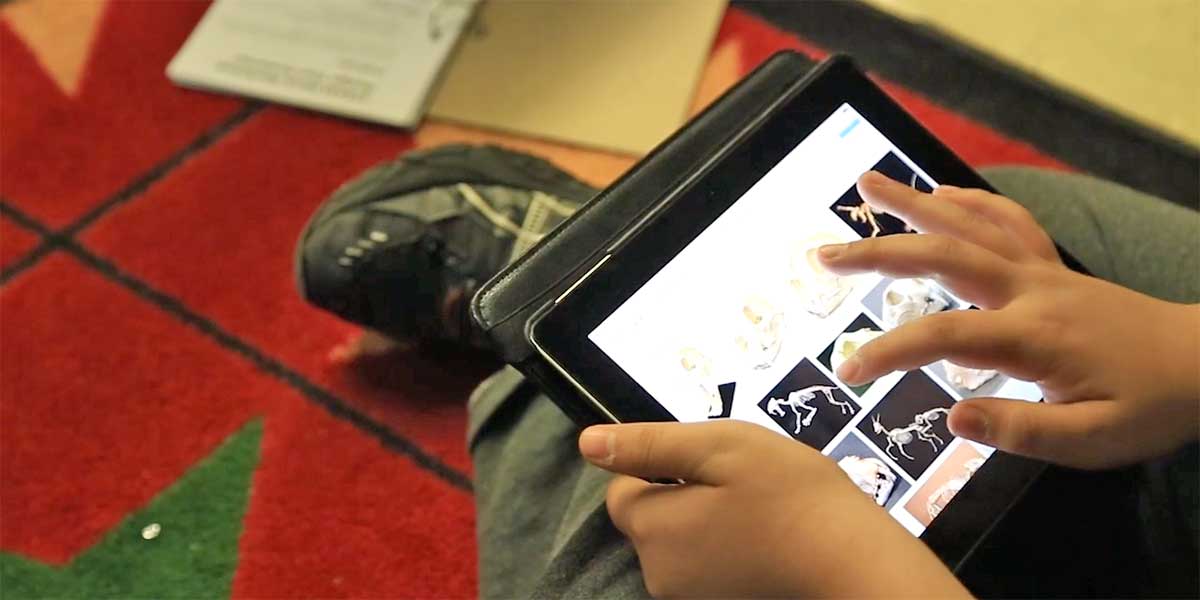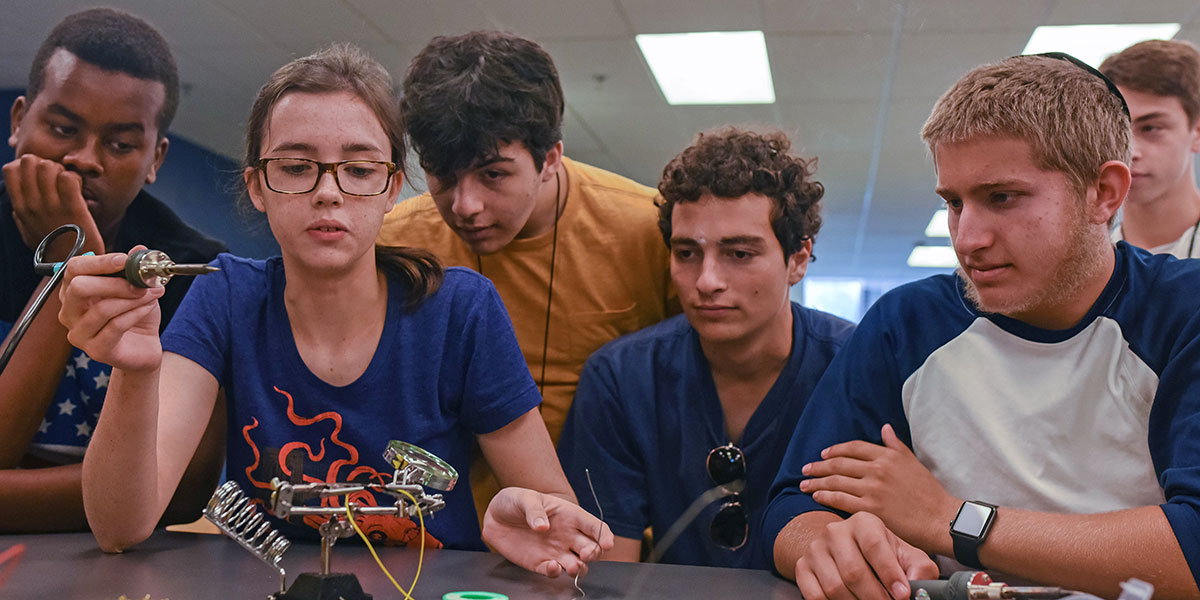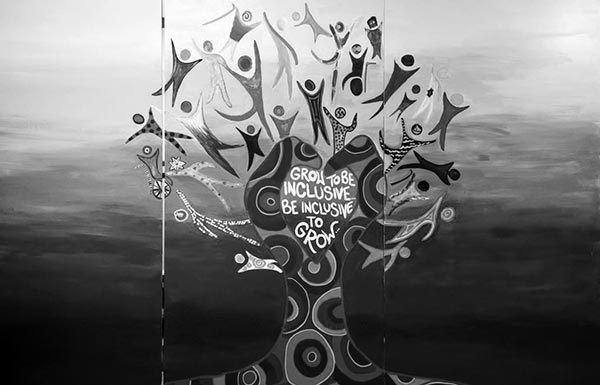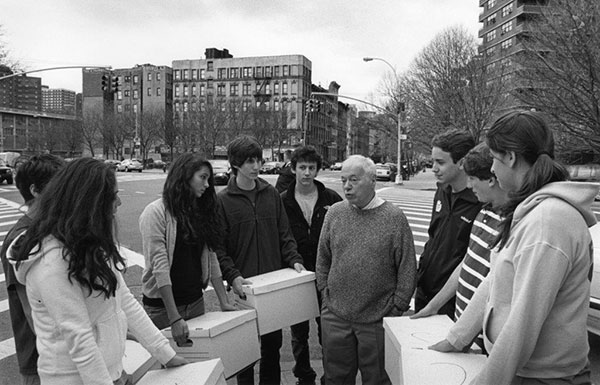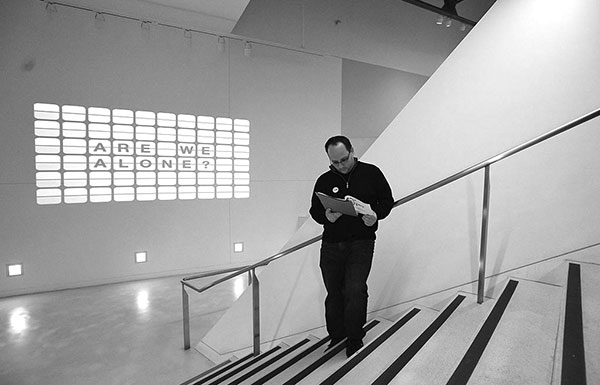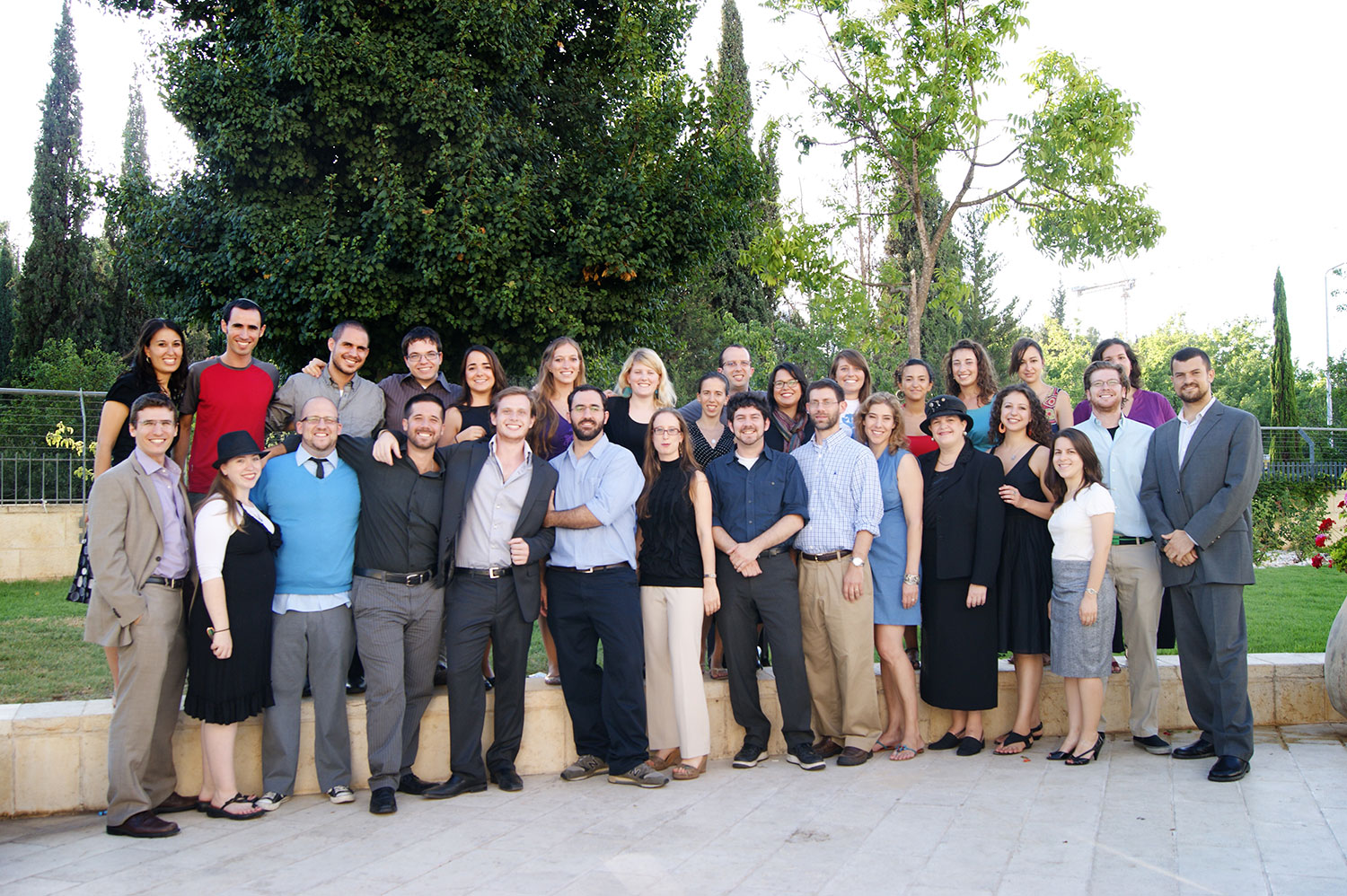
ARTICLE The Importance of Starting Small: PresenTense Co-Founders Reflect on Lessons Learned
Bigger isn’t always better. In fact, small can be pretty great too, especially when you’re trying to grow an idea from the roots up. This is a process Ariel Beery knows a thing or two about. As the cofounder of PresenTense, an incubator for social ventures launched in 2005, and now the CEO of MobileOCT, a biophotonics startup enabling mobile phones to detect cancer, Beery has been through the process of launching a new venture quite a few times and he intimately understands the challenges.

“I think there’s a misconception that a venture must depend on large grants from big donors,” Beery explains. “But it makes more sense and it’s more sustainable to test out an idea first and see whether it has the opportunity to make an impact on people’s lives.”
A commitment to starting small and doing multiple rounds of testing is central to the curriculum that Beery and his partner Aharon Horwitz built while at PresenTense, where they successfully taught hundreds of social entrepreneurs how to start their own companies. Today, Naomi Korb-Weiss and Guy Spigelman serve as the CEOs of the PresenTense Group and PresenTense Israel, respectively, but Beery and Horwitz remain active as board members. The curriculum they developed still applies and its core principals may be boiled down to three key points which Beery explains in a PresenTense blog post from March 2013: “Time before money (to access mentors and subject matter experts…so they can spend their money wisely), practice before theory (to try things out before they can dig deeper into any one approach) and a supportive community (to leverage social capital for the introductions, ideas and investments required).”
Horwitz likens this to the process by which the Covenant Foundation selects, mentors and supports Ignition grantees to explore new and untested ideas. “The Foundation intimately understands the space in which they’re working,” he emphasizes, “which lends a unique legitimacy to their decisions about investments.”
Investors who know the market in which an entrepreneur seeks to develop an idea are called “smart money” investors, “and they generally have a personal stake in your idea,” Beery adds.
But where does one begin? How does one determine whether an idea is relevant and sustainable? How does one locate those smart money investors? “First, get really close to people who are smarter than you about what you’re trying to do,” Horwitz advises. “Customers, experts—spend a lot of time showing them your concept, and while they’re becoming familiar with it, take note: understand how they’re experiencing it. Get a sense of how to best engage them. Amass tons of data.”
As one might imagine, both Beery and Horwitz amassed tons of data during their tenure at PresenTense. And then, in a very Meta turn of events, after almost eight years helping others actualize their entrepreneurial dreams, both founders took their own wisdom and started companies themselves.

“[At PresenTense], my role was to support others in starting their own companies,” Beery reflects. “Then, when I found myself coaching my childhood friend who had an idea to make a cancer-detecting device for a smartphone, I fell in love with the concept,” he explains.
Beery and his childhood friend—now his business partner, David Levitz—started MobileOCT with no external investment. Beery put in $5,000 of his own money, and his friend did the same. And for the first three years that was all the funding they had. But in that early phase, Beery explains, that’s all it took to build a community around their idea.
“This is an important lesson,” he urges. “We started out chasing money left and right. But as it turns out, we knew better than anyone else how to build a customer base for our product.”
Horwitz concurs. He now runs 40Nuggets, a company that helps small-medium businesses better engage online consumers by giving them the right digital tools—which might have previously been outside their reach. “I think being willing to try something and fail at it and then moving on to something else is a really important philosophy to convey,” he emphasizes. “And,” he adds, “A lot of money before you know what to do with it can be a real challenge to an entrepreneur.”
Beery and Horwitz have been promoting these same ideas since PresenTense first got off the ground, and clearly, the ideas have resonance. Since 2007, they have helped to launch over 400 startups in 46 countries by seeking small seed investments, doing multiple rounds of testing, and encouraging “value over image.”
As they wrote in an Op-Ed in Ha’aretz in October of 2007, “The Jewish people can create their own global golden age if they replace the current system of image-driven philanthropy with one based on value-creation and sustainable entrepreneurship.”
The technology and the times have changed much since then, but the powerful core of wisdom remains the same: Start small. Ignite something big.
By Adina Kay-Gross, for The Covenant Foundation












